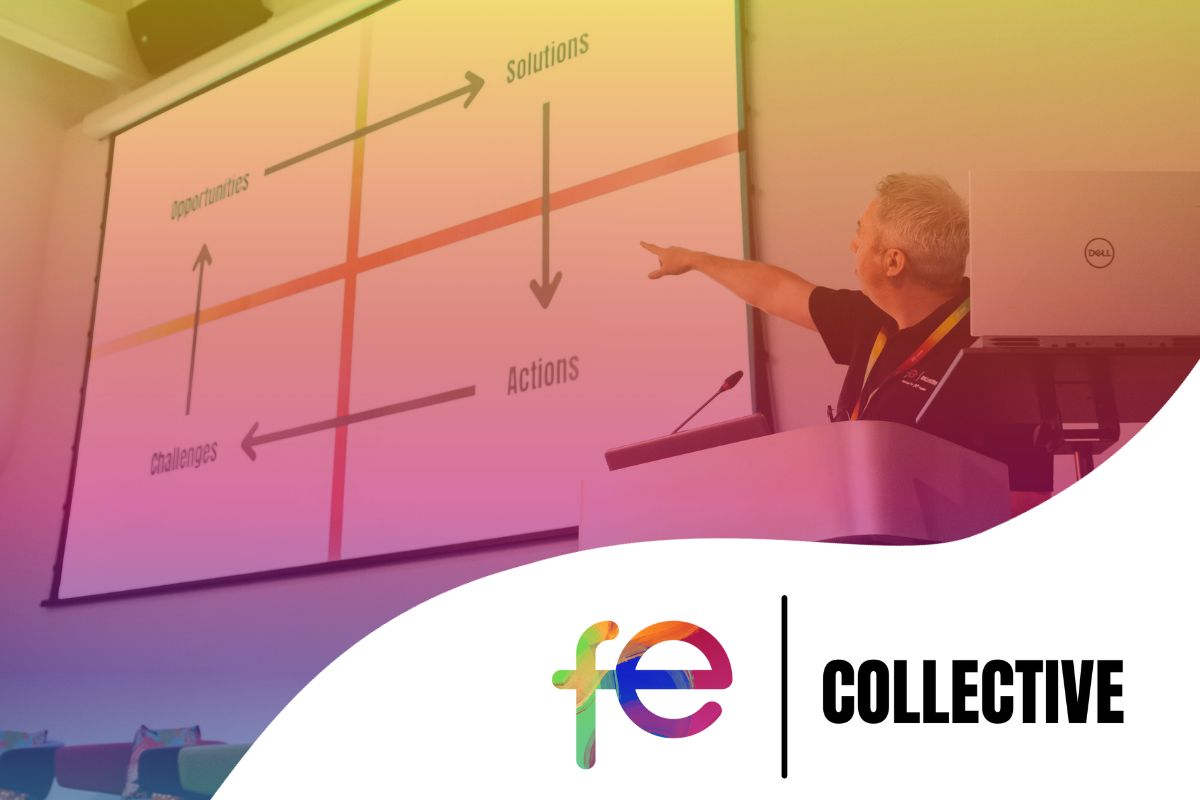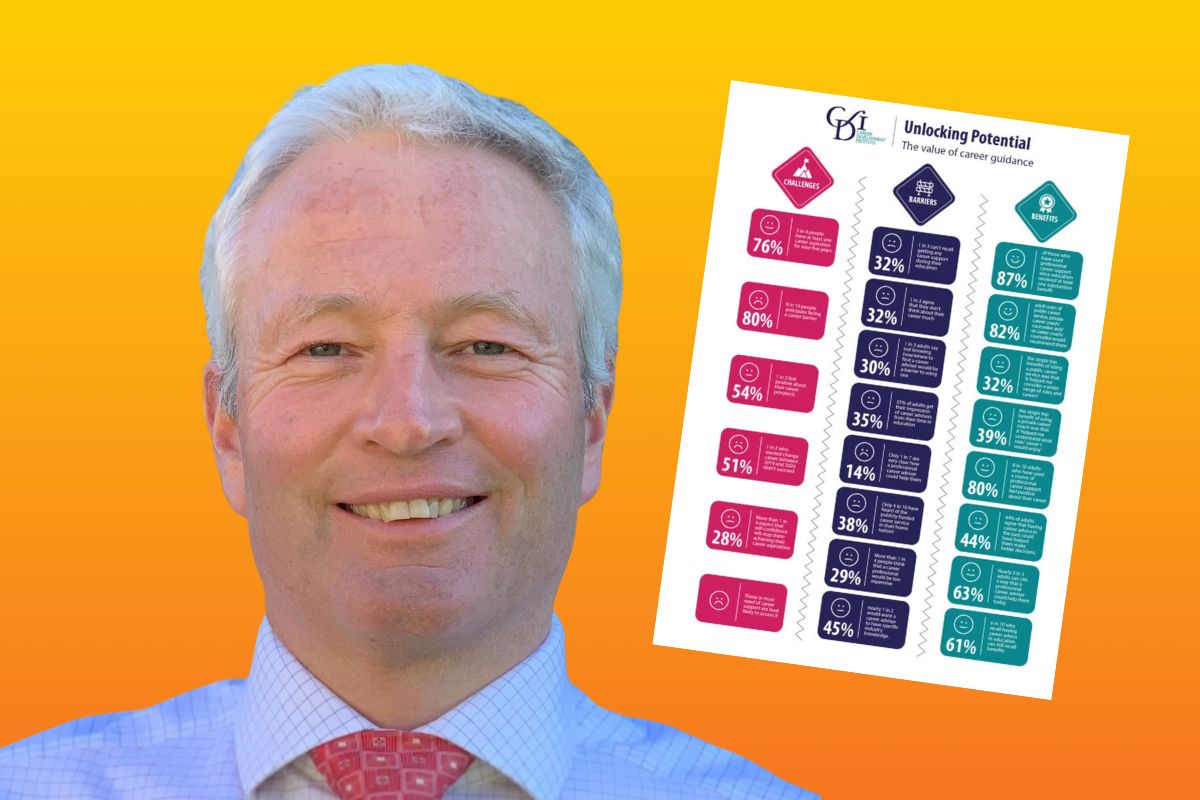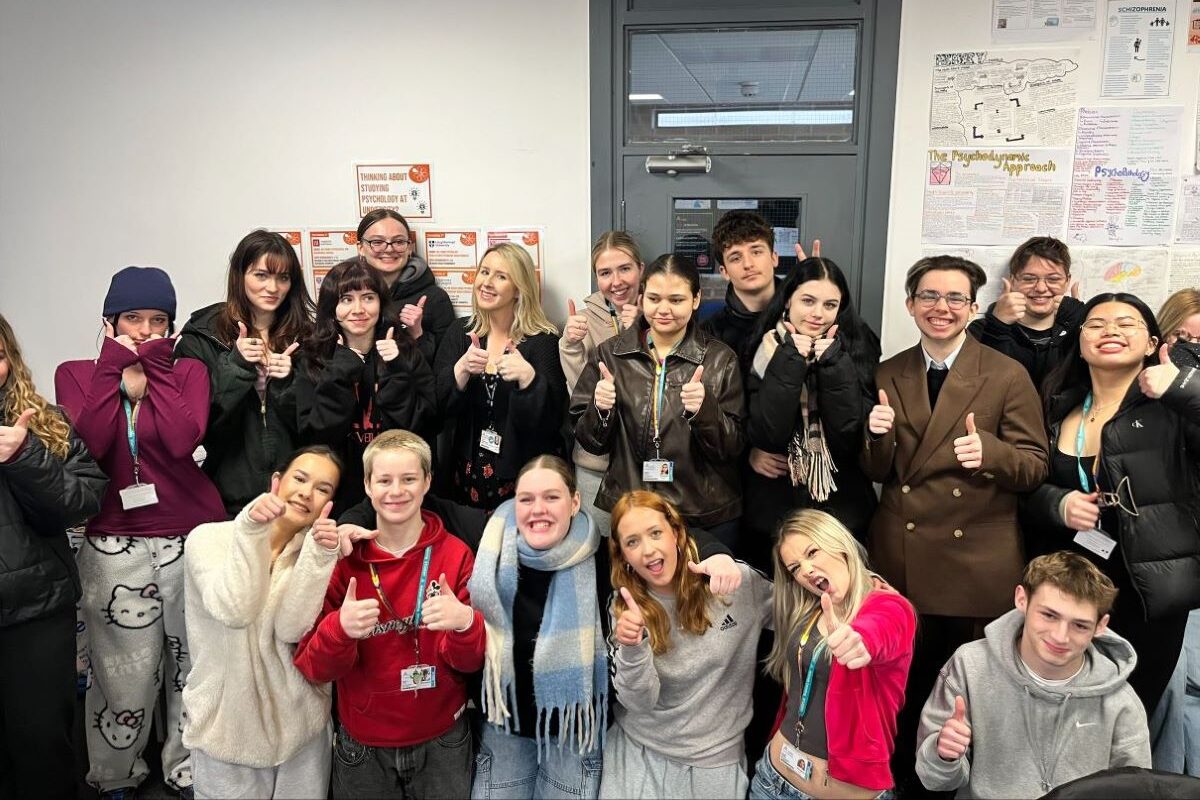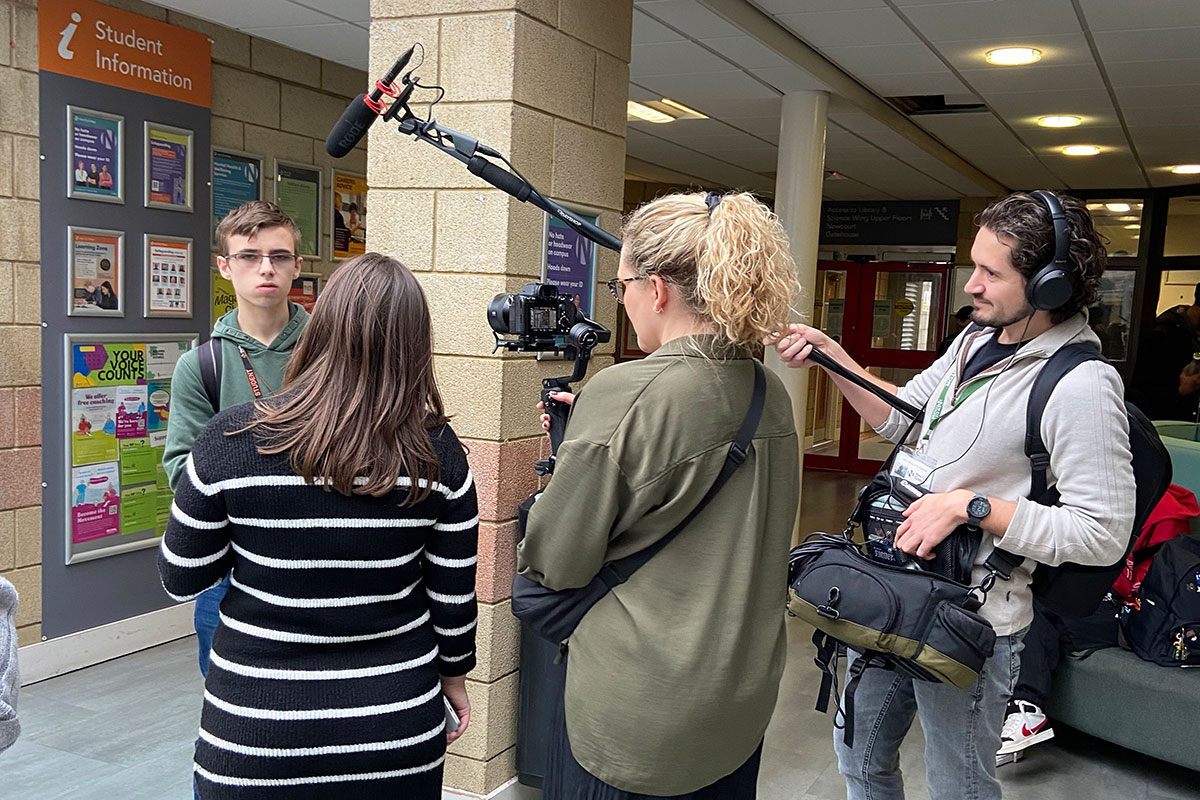AI for Good: Joining up the Dots

With the release of the FE Collective report, Gavin O’Meara CEO of FE News explores how having a re-think on the impact of AI on jobs and skills is not just being re-thought by the FE Sector, but the importance of skills is being reflected on by Prime Ministers to Global tech leaders. Crafting ‘AI for Good,’ re-developing investment in the FE Sector of the future, and restructuring progression routes is important to everyone and the timing is now.
The timing of the FE Collective gives us a unique opportunity. The FE Collective, looking at the impact of AI on skills and the jobs of the future, Investing in the sector of the future and exploring Progression was literally 2.5 weeks before the Global AI Safety Summit at Bletchley, where 28 nations including the US and China, signed the ‘Bletchley Declaration’ to collaborate to research safety concerns around the world’s most capable AI models. The Bletchley Declaration explores threats and opportunities, in the same spirit as the FE Collective, through collaboration and cooperation.
At the AI Safety Summit, opportunities and challenges were explored and solutions moved to actions. So a very similar model to what was used at the FE Collective! As Rishi Sunak explained, the wisdom of the crowd is necessary to address such large global challenges.
The AI Safety Summit had two views on the impact of AI, one which would remove millions of jobs. Before the summit, Goldman Sachs predicted that AI will remove 300 million jobs globally and Elon Musk, in the summing up interview with Rishi Sunak, Elon said that ‘AI was the most disruptive force in history… and that there will come a point when no job is needed. You can have a job if you want a job, but AI will be able to do everything”.
So the timing on this is key, particularly when thinking on the potential impact of AI, of the jobs of the future, then investing in the sector of the future and exploring progression.
Rishi Sunak had a view that AI will be like a co-pilot, or ‘co-bots’ as Charles McIntyre called them back in July 2018, the jobs of the future will be in collaboration with AI and bots.
How can AI be a tool for good?
I think we need to differentiate between the different AI tools: AI for automation and bots and generative AI. A lot of people are afraid of the possible impact of generative AI, machine learning and deep learning. During the AI Safety Summit, Rishi Sunak addressed concerns about AI displacing jobs. His response includes building a world-class education system, looking at Maths and English to 18, developing a global leading lifelong learning system and developing AI Chatbots to support learners (which sounds very similar to what Aftab Hussain discussed on FE News back in December 2018).
So all of these tools and services are not new… but the processing power and tools to deliver on this are expanding and growing at a rapid rate. The timing and collective intelligence (or wisdom of the crowd) of the FE Collective to develop a skills solution to compliment the AI Safety Summit is literally perfect on timing.
Joining the dots…
So joining up the dots, FE and Skills is key for the continual professional development of the nation, and the World to embrace new technologies and disruptors to work. As the technology is rapidly expanding, the training needs to be modular led and ‘stackable’ to keep apace, or ideally ahead of the developments in technology.
CPD or Lifelong learning (eg Further Education and Skills) will be key to help retain jobs, but also to raise productivity and use the disruptive tools to help accelerate productivity in the world of work.
Linking AI to transferable skills, for the jobs of the now and the future, is key. Establishing connections between career advice and guidance is crucial not only for young individuals but also for those in mid-career, returners to the workforce, and career changers. Utilizing AI to consider previous learning and skills, the aim is to suggest tailored training and development opportunities, facilitating the transition into new careers as they evolve or become essential in a specific region or role. As the disruptive technology is developing at such a rapid pace, short modular courses or skills are required that can be rapidly updated to meet the fast developing needs of industry.
The Further Education and Skills system is literally key, with the different levels of progression for individuals and industry to meet the job demands of the now and the future. This needs to be adapted to be modular, but stackable to create bespoke and easily updated modules to be relevant and meet the needs, otherwise it will be quickly outdated and irrelevant.
We need to explore how AI, particularly generative AI tools, can support educators to develop these modular qualification or micro-credentials. Government has announced new funding of around £2M to support this, but more will be needed.
So what support does the FE and Skills sector need to support productivity and growth?
AI can be used to support educators and leaders with developing programmes, but training is required and they will need reskilling and constantly upskilling as the technology develops. AI can also remove the burden of administration, but again, upskilling and reskilling is essential as the technology develops. Again, as FE and Skills need to develop modular training for individuals and industry, the FE and Skills sector also needs short modular qualifications to support them in order to support others. If this is not provided to FE and Skills Educators and leaders, they will not be able to support the rapidly changing skills and capability needs required by industry.
Trust in the Sector
The FE Collective also found that trust has become a barrier and needs to be developed and built. Trust within the sector with each other, but particularly from civil servants and government to move into a leadership role, providing vision, moving away from constantly policy changes and micro-managing the sector.
Now in a rapidly changing skills needs landscape, this is going to be a challenge to move from micro-managing. Which will mean the sector will struggle to develop at pace, into a strategic leadership capacity, plus with Government funded qualifications to make sure they meet the quality standards. So work needs to be done on building and developing trust.
Several ways to develop trust will be a conscious decision to professionally develop the sector with continual professional development and developing new skills and services. Also to build and develop the brand of Further Education and Skills from within the FE and Skills sector to employers.
Developing a plan to be long term ‘Investment Ready’
The FE Sector needs to develop a plan to be long term ‘investment ready’ to build trust and gain the funding from Government and also employers, investors and international partners to develop the skills and skills system needed for the jobs of the future.
Safeguarding: A New Journey with AI
The sector also has a responsibility to safeguard and protect learners. So there needs to be an immediate review of safeguarding with AI in mind by DfE and particularly Ofsted. There is also an immediate need to think through the importance of ownership of data and what is done with the data, particularly as generative AI develops and the processing power increases. AI needs to be used for good to remove bias, to remove barriers and not create them!
AI in the Labour Market
The data shows that there are transferable skills that are needed in AI related roles. These need to be developed and prioritised. AI related job roles are also well paid, but at the moment the AI related job roles are currently in regional hubs, does this mean we need to rethink local skills plans, to provide wider opportunities and social mobility for all?
Artificial Intelligence into Organoid Intelligence
Charles McIntyre explained that with the growth of Artificial Intelligence, we could also see the growth of Organoid Intelligence. Particularly as the computer processing power will need to exponentially increase. With the increase in use of super computers and quantum computers, there will also be an increase in energy and use of resources like water to cool the heat generated from the data processing use. Could AI be used to help come up with innovative solutions to make the extra heat or sustainable impact less, or be re-used?
The potential growth of Organoid Intelligence, particularly with its use of ‘learning’, rather than processing and reduced need for electricity and heat, could be driven by market forces to reduce energy demands. With this in mind, what can we learn from the previous missed opportunities on safety, data usage, ethics around social media and artificial intelligence? This can’t be another missed opportunity, with the very real potential of Organoid Intelligence superseding AI, particularly for generative AI and Machine Learning roles. If OI will replace AI, particularly to help with development of potentially new modular learning, we must develop a long term safety, safeguarding and data plan for OI.
Looking to the future
So the future is exciting… machine learning, deep learning, AI, OI. These all have challenges and areas of concern, but also have massively exciting and disruptive opportunities to support everyone and make AI be for good.
With this in mind we need to invest and develop in Further Education and Skills with a future modular skills system in mind. We also need to use technology (AI, or OI in the future) to be an assistive tool, or co-pilot, in this process of developing the modular training, but also providing careers advice and guidance services to help people develop and grow into the skills needs of the future.
By Gavin O’Meara, CEO and Founder of FE News and FE Careers
This article discusses themes which were part of the FE Collective, FE News’ first-ever event! You can find more information about this event and the report here.
FE News on the go…
Welcome to FE News on the go, the podcast that delivers exclusive articles from the world of further education straight to your ears.
We are experimenting with Artificial Intelligence to make our exclusive articles even more accessible while also automating the process for our team of project managers.
In each episode, our thought leaders and sector influencers will delve into the most pressing issues facing the FE sector, offering their insights and analysis on the latest news, trends, and developments.











Responses